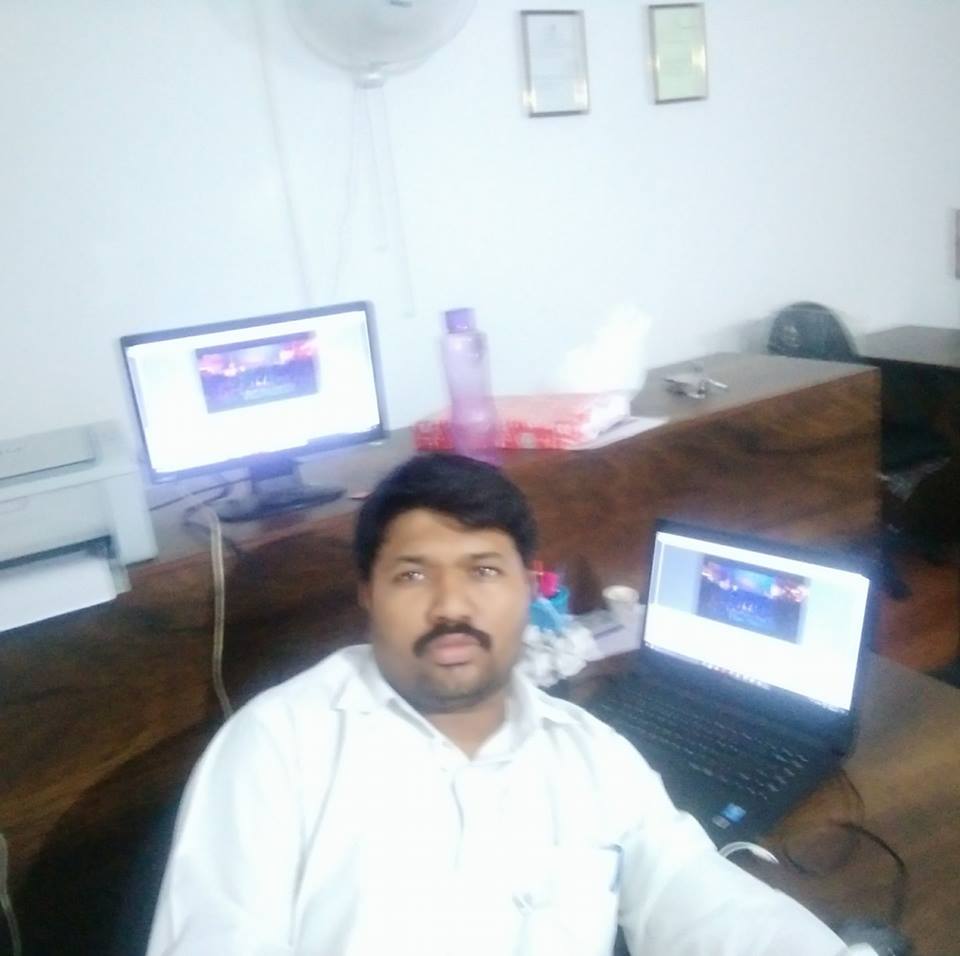.png)
In the fast-paced world of manufacturing, efficiency is king. Here's where ERP (Enterprise Resource Planning) software comes in. ERP acts as a central hub, integrating vital functions like production planning, inventory management, and financials. This creates a single source of truth, allowing manufacturers to streamline operations, reduce costs, and make data-driven decisions for a competitive edge.
Challenges in Manufacturing :
- Complexity: Modern manufacturing involves a complex web of processes, from design and engineering to sourcing materials, production scheduling, and inventory management. Keeping track of everything efficiently can be a major challenge.
- Competition: The manufacturing landscape is fiercely competitive. Manufacturers need to constantly strive for efficiency and cost reduction to stay ahead.
- Data Overload: Manufacturing generates a massive amount of data. Without a way to organize and analyze this data, it can be difficult to make informed decisions.
How ERP Software Addresses These Challenges :
- Centralized Platform: ERP software acts as a central hub, integrating all critical manufacturing functions into a single system. This eliminates data silos and ensures everyone is working with the same information.
- Improved Visibility: With real-time data on inventory levels, production schedules, and financial performance, manufacturers gain a clear picture of their operations. This allows for proactive decision-making and identification of areas for improvement.
- Streamlined Operations: ERP automates many manual tasks, such as order processing, material requisitions, and production scheduling. This frees up valuable time and resources for employees to focus on higher-level activities.
- Data-Driven Decisions: ERP provides powerful reporting and analytics tools. Manufacturers can use this data to identify trends, optimize production processes, and make data-driven decisions for improved efficiency and profitability.
Benefits of ERP in Manufacturing :
- Increased Efficiency: Streamlined operations, reduced waste, and improved resource allocation lead to significant efficiency gains.
- Reduced Costs: Better inventory management, optimized production planning, and improved purchasing power all contribute to cost reduction.
- Improved Quality: Real-time data allows for better quality control and identification of potential issues before they impact production.
- Enhanced Collaboration: ERP fosters collaboration between different departments within a manufacturing organization.
- Increased Agility: With real-time data and improved visibility, manufacturers can respond quickly to market changes and customer demands.
Examples of ERP Features for Manufacturing :
- Production Planning & Scheduling: ERP software helps manufacturers plan production schedules, allocate resources, and ensure on-time delivery.
- Inventory Management: ERP tracks inventory levels, automates reorder points, and helps to minimize stockouts and excess inventory.
- Materials Management: ERP streamlines the process of sourcing and purchasing raw materials, ensuring timely availability for production.
- Quality Control: ERP can be used to track and manage quality control processes, identify defects, and ensure product quality.
- Financials: ERP integrates financial management with other aspects of manufacturing, providing a holistic view of the company's financial health.
Overall, ERP software is a powerful tool that can help manufacturers gain a competitive edge in today's fast-paced environment.

.jpg)
.jpg)
.jpg)



















